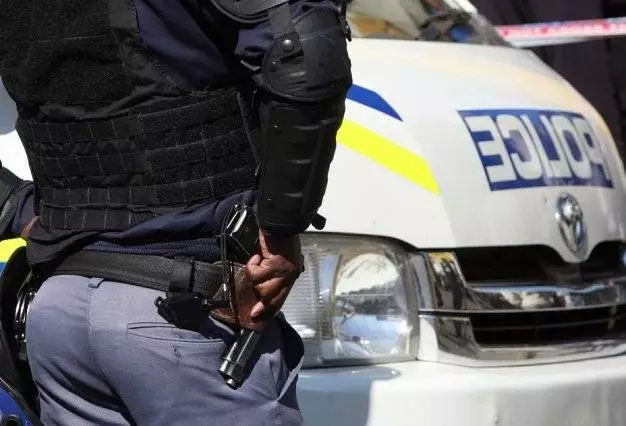The SAPS has certain obligations to victims of domestic violence. Besides their legal duty to assist victims to take steps to protect themselves in terms of the Act, the police must:
- provide victims with medical attention;
- provide victims with shelter;
- provide victims with counselling;
- ensure that a medical officer collects and records any medical evidence in support of a criminal charge; and
- accompany the victim home to collect personal belongings, if this is provided for in a protection order.
On receipt of a domestic violence complaint, wide-ranging duties are imposed on both the station commander and the officer receiving the complaint. These include the duty to investigate the complaint and to collate all information in connection with it. The responding officer has a duty to render general assistance to the complainant, and specifically, where a complaint is made, to open a docket and to register it for investigation or, where no complaint is made, to assist the complainant to make such a complaint. This assistance must be recorded in the occurrence book and in the officer’s pocketbook. A notice, attached as Form 1 to the regulations, must be handed to the complainant in the language of his/her choice. This notice details the complainant’s right to lay a charge or to apply for a protection order or both.
The complainant must be advised on the options available to him/her in terms of the Domestic Violence Act. This includes informing the victim that it is not necessary to lay a charge before applying for a protection order. The difference between the two must be explained: a charge is aimed at securing a conviction whereas the purpose of a protection order is to prevent future misconduct.
Should a police officer fail to adequately advise the victim, the victim can report the matter to the station commander at the relevant police station. The complaint will be noted in a complaints register, stating the name of the officer concerned, the date on which the complaint is lodged, and the details of the complaint. The station commander will take disciplinary steps against the officer involved, and the SAPS will refer the complaint to the Independent Complaints Directorate (ICD) for their recommendations. If you are not satisfied with the way in which a station commander is dealing with your complaint, you may personally report the matter to the ICD.
For direct answers to your specific personal questions, please contact us directly.
Read more about our family law services.
Author – Jessica Gooding





